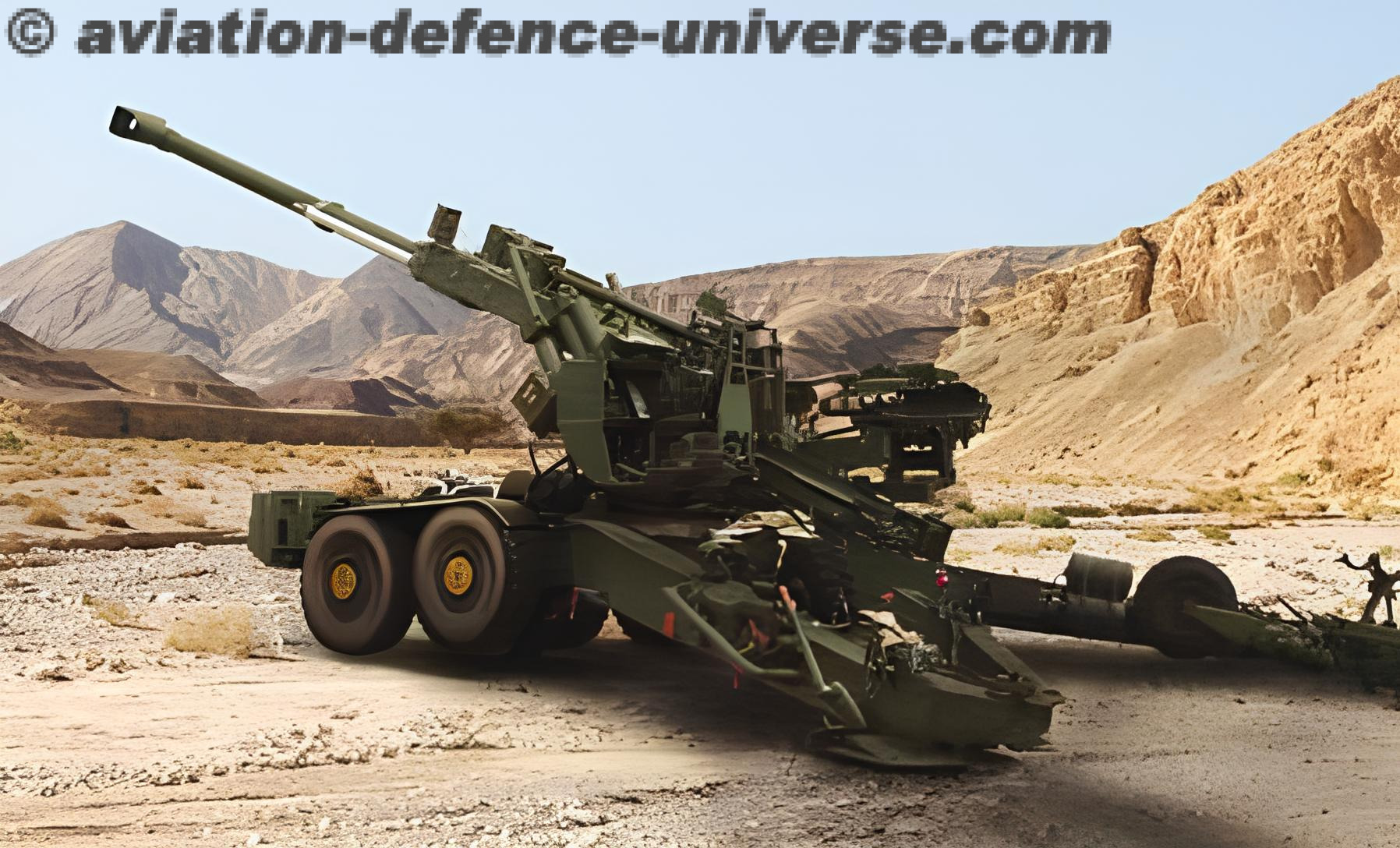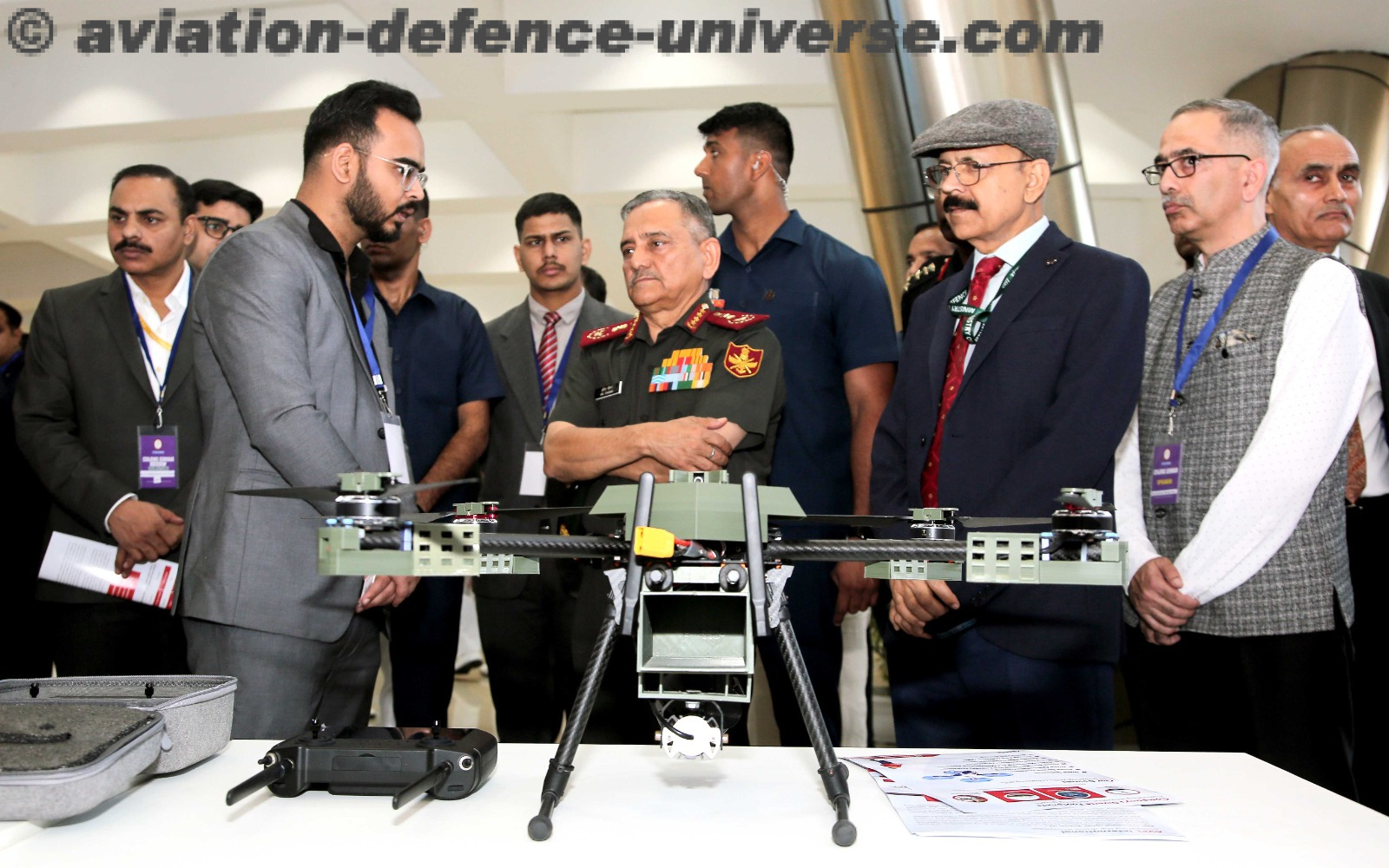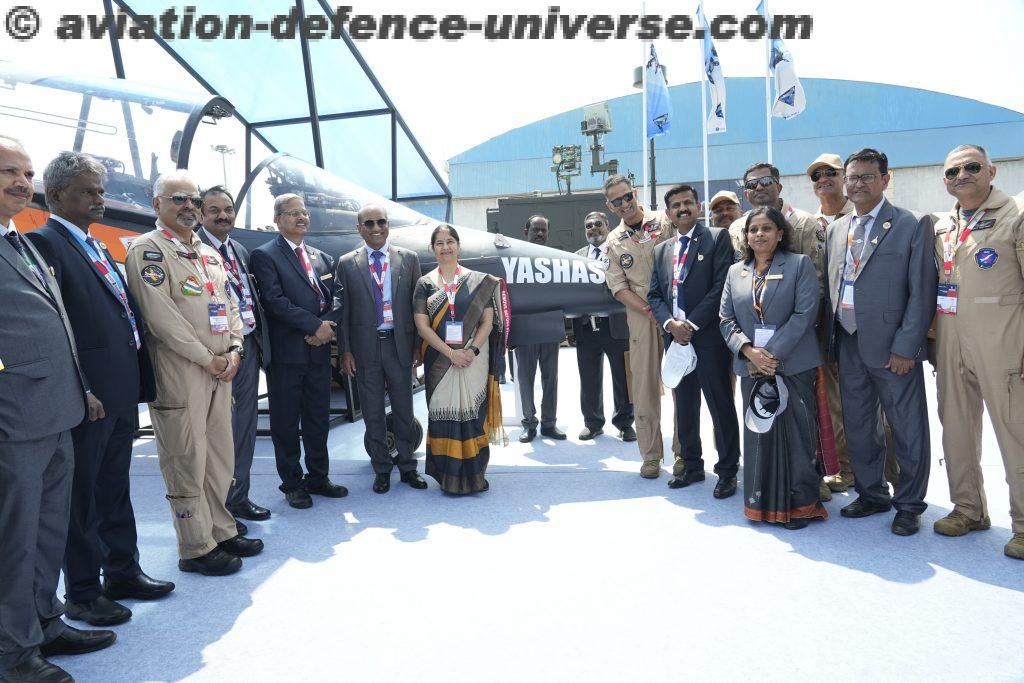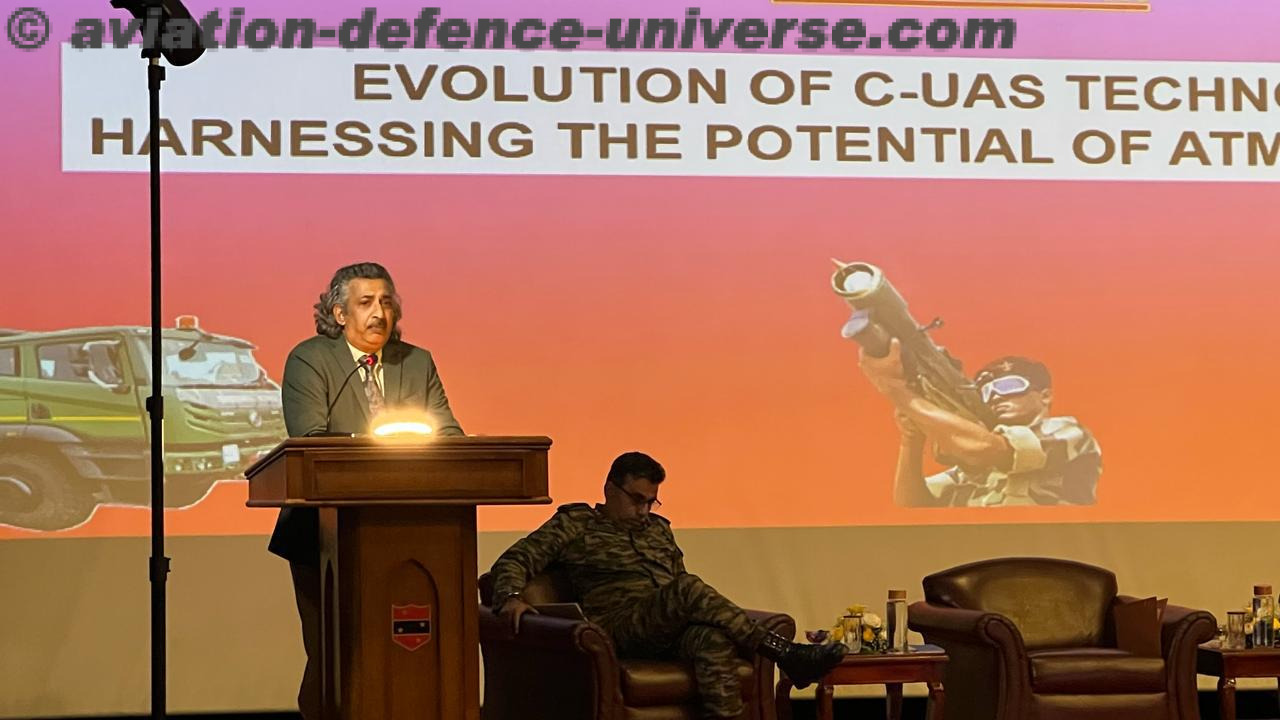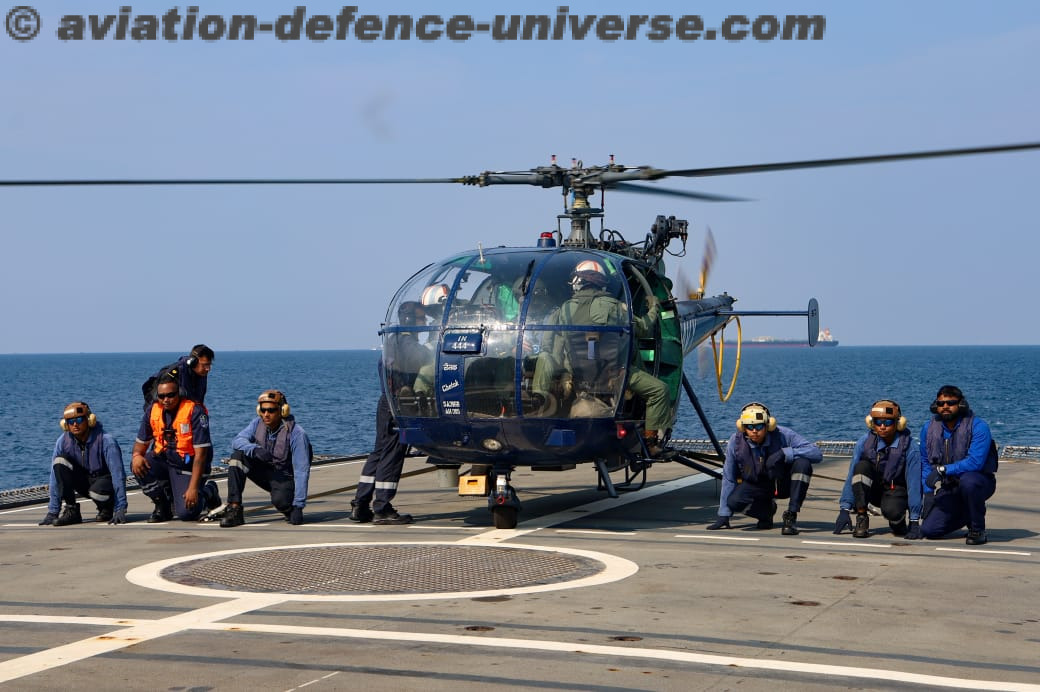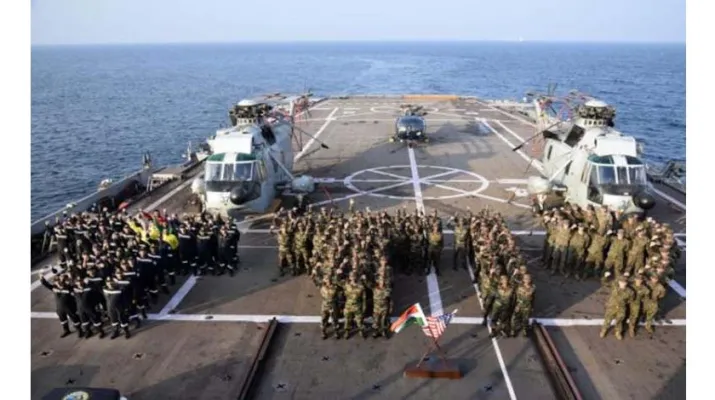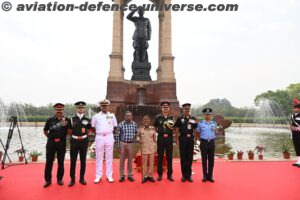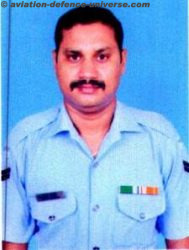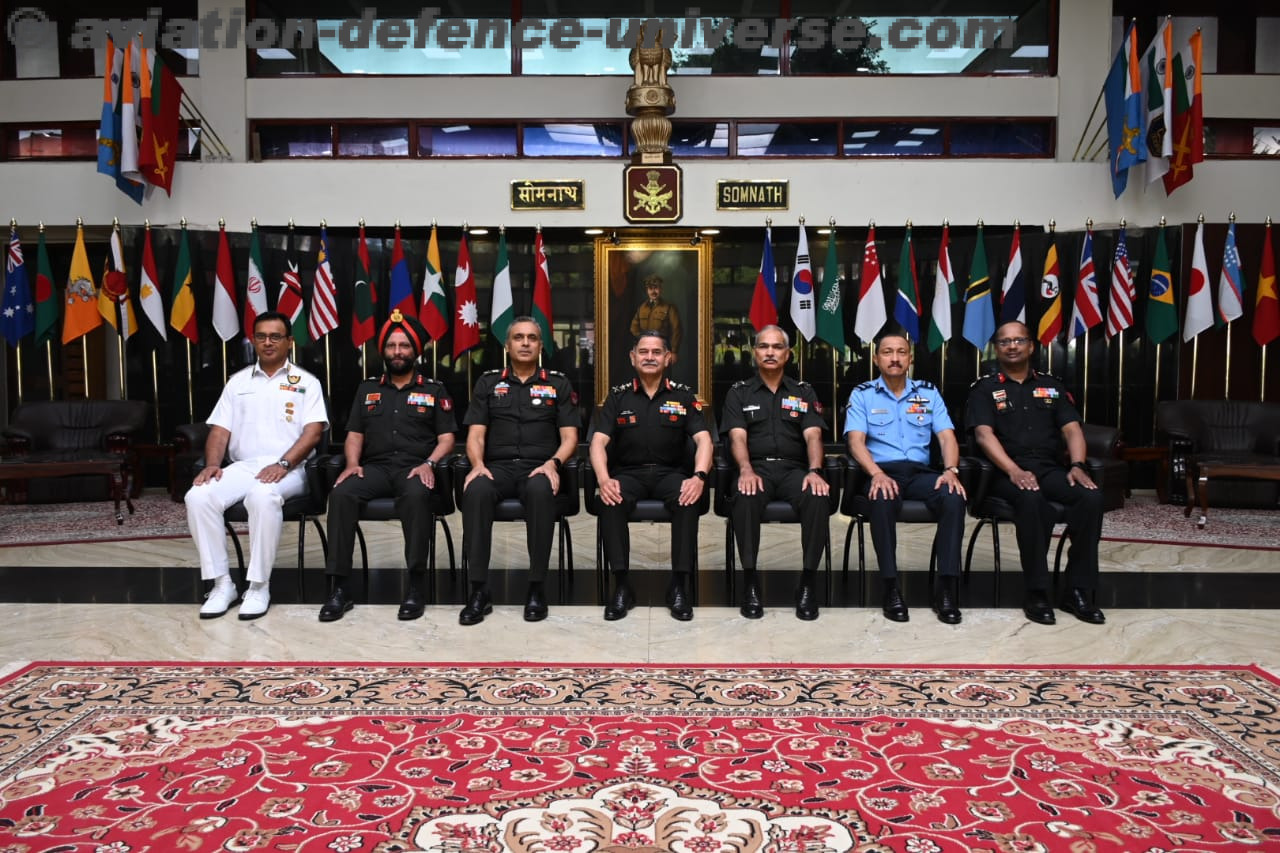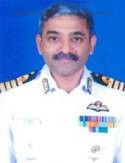
New Delhi. 14 August 2018. A very severe cyclonic storm Ockhi struck southern coast of India in end Nov/ early Dec 17 causing massive devastation and claiming lives of at least 218 people. On 01 Dec 17, Captain P Rajkumar (03228-K) was the Captain of naval helicopter Sea King 528 and the officer and his crew flew sorties from Trivandrum throughout the day for search and rescue operations. While braving the fury of nature and undertaking rescue missions, the officer rescued four survivors from the rough seas during the day.
Whilst disembarking the survivors at Trivandrum at about 1830 hrs, one of them reported sighting one fisherman, adrift at sea. It was post sunset and the crew was at the limit of their fatigue, having flown throughout the day. Also, the aircraft had flown continuously with two hot re-fuelling and no Turn Round Servicing, and there was considerable risk involved in undertaking a fresh mission. However, with no regard to his safety, Capt Rajkumar took a tough call and decided to fly the life threatening mission on the stormy night of cyclone to save the solitary survivor in the raging sea. His risk was considerably enhanced by the fact that, neither the aircraft nor the crew was equipped with any Night Vision Devices.
Flying against all odds he reached the area 30 nautical miles into rough seas on a pitch dark night, and descended his helicopter to as low as 200 feet to search for the survivor. About 25 minutes into search, the survivor was sighted clutching onto a capsized boat. With his vast experience and superior piloting skills, the officer brought the enormous aircraft into a hover at 25 feet over the raging sea, in a pitch dark night, heavy swell, nil visibility and with no night vision aids. A slight error could crash the aircraft and its crew into the raging seas. Several attempts were made to position the rescue strop over the survivor; however the survivor continued to cling onto the capsized boat making no attempts to leave the lifeline in his hand. At this juncture he took a very bold decision viz to lower a diver into the water by night, in order to assist the survivor in wearing the strop. Had this daring action gone wrong, it would have resulted in losing two lives instead of one. Having dispatched the diver, the officer now maintained an extremely difficult manual hover for almost 30 minutes unmindful of his own safety, with the aircraft being subjected to extreme weather conditions. Anything could have gone wrong at this stage, as both the men and machinery were operating at their extreme limits.
The bold decision and daring act of the officer enabled saving a human life in extreme conditions and was possible only because of the sheer determination, courage and decision making abilities of the officer. For the undeterred commitment to save human life in the most trying conditions accompanied by courage, fortitude and display of valour in the face of danger, the officer is recommended for the award of Shaurya Chakra.





